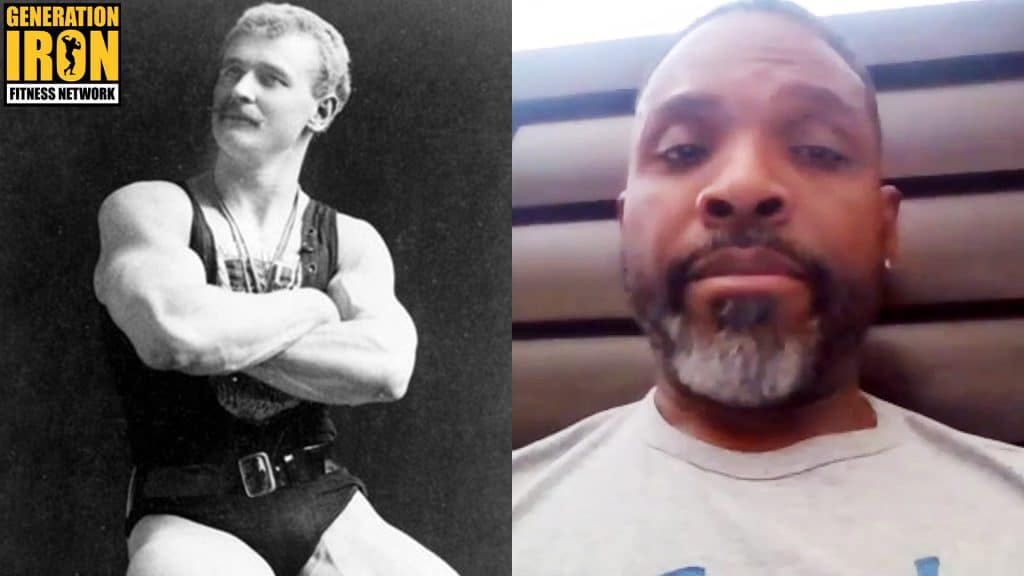Melvin Anthony believes that bodybuilders today don’t know enough about the sport’s history.
Melvin Anthony has previously stated in our earlier interview segment that bodybuilders today train very hard but could be training harder. Overall though – he believes that bodybuilders today are still extremely hard working and talented. The bigger problem, in his opinion, is that modern bodybuilders do not know enough about history, do not have enough camaraderie, and are not competitive enough. In our latest GI Exclusive, Melvin Anthony goes into detail about how a lack of bodybuilding history and hunger is hurting modern bodybuilding.
In this segment of our GI Exclusive interview, we started off by asking Melvin Anthony his thoughts on Women’s Bodybuilding. It’s a division that was near death only a few years ago but has since been revived by its return at the Olympia weekend. Anthony ultimately didn’t touch much on this topic in his answer. Instead, he expanded on a bigger issue he finds with modern bodybuilding. An issue that is directly related to the trials and tribulations of Women’s Bodybuilding and perhaps other divisions.
Melvin Anthony believes that Women’s Bodybuilding gets a bad rap for a few reasons – but the biggest is a lack of respect for muscle above all else – and a lack of respect for history. While many bodybuilding fans and young competitors certainly know the legends in the sport – Anthony worries that there is a lack of extensive knowledge of bodybuilding history. How can the new generation of bodybuilders break barriers if they don’t know what was done before them? How can you break the rules before you know where the rules came from?
Melvin Anthony had previously stated to us that bodybuilders train very hard today – but could be training harder. His words in our new segment today are an extension of that idea. He believes that it’s a lack of historical bodybuilding knowledge that prevents bodybuilders from training even harder and breaking new ground. Attention spans are so thin due to the instant response of internet and social media. It causes people to lose sight of the past. At least, that’s what Anthony believes.
The biggest irony behind this is that the internet can be used to gain more information more than ever. Melvin Anthony points out that bodybuilders today have the entire history of bodybuilding at their fingertips. Posing routines and competitions from each era can be watched on YouTube. Bodybuilding greats can be studied in a play-by-play detail. Not just the biggest legends but also the dozens of other great competitors who made big impressions in their era but perhaps didn’t land Ronnie Coleman status.
On top of this, Melvin Anthony believes that the hunger in competition has diminished. While his reasoning is purely anecdotal, he worries that bodybuilders are too willing to settle for sixth or third place before they even actually compete. Real champions, Anthony argues, will always believe they are the best. They will go into every competition thinking they will win until they don’t. If a competitor goes in thinking, “I hope to at least get third place.” They aren’t hungry enough.
Of course, there are likely still bodybuilders today with strong wills and hungry beliefs of victory. But from Melvin Anthony’s personal experience looking at modern bodybuilding – he doesn’t see it the same way as the past. Is he right? Or is he simply not looking in the right places? Or perhaps he’s not as in tune with current bodybuilding as he’s gotten older? It’s impossible to say with 100% certainty until this new era recedes into the past and is looked back on in retrospect.
You can watch Melvin Anthony talk about bodybuilding history and hunger to compete in our latest GI Exclusive interview segment above!








